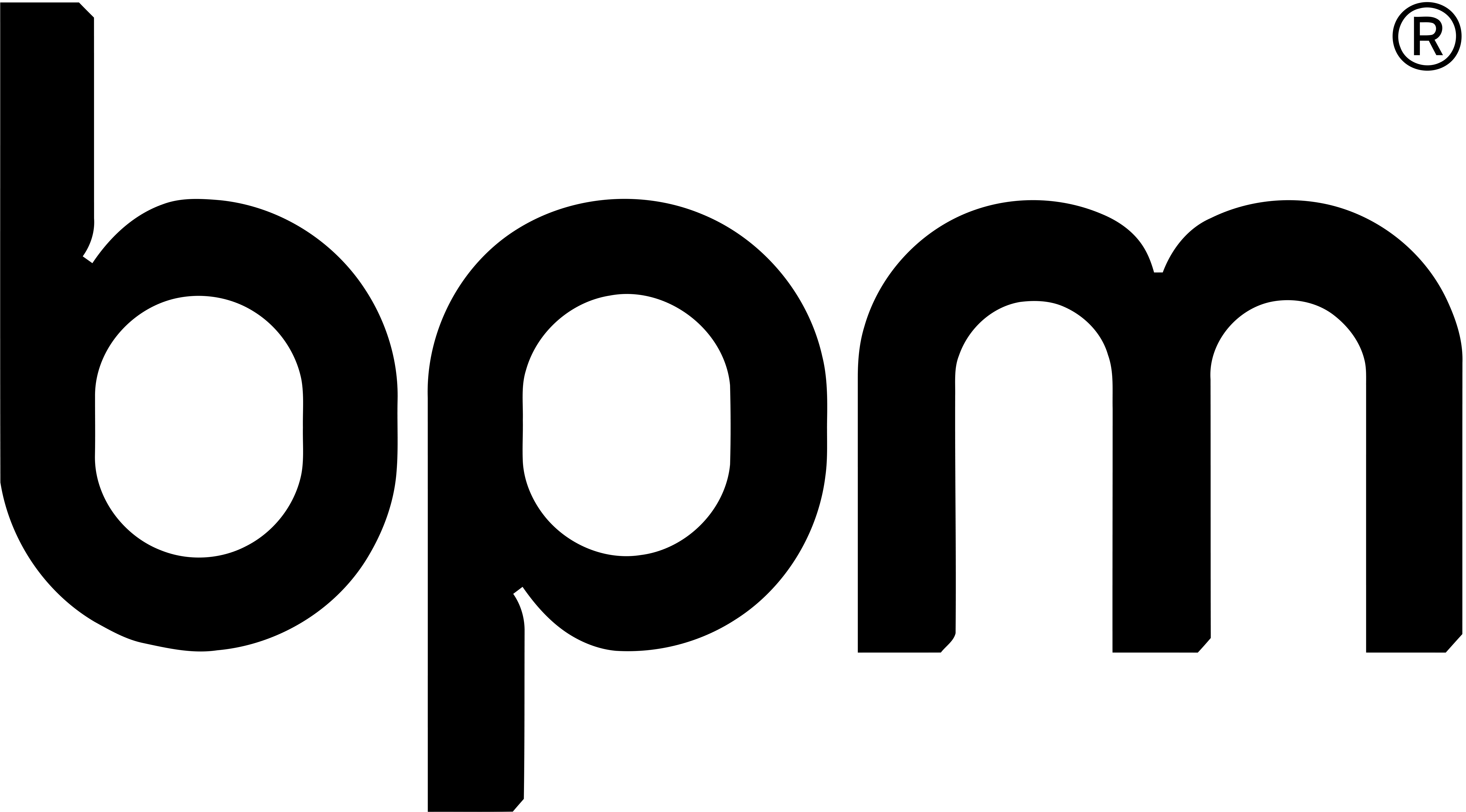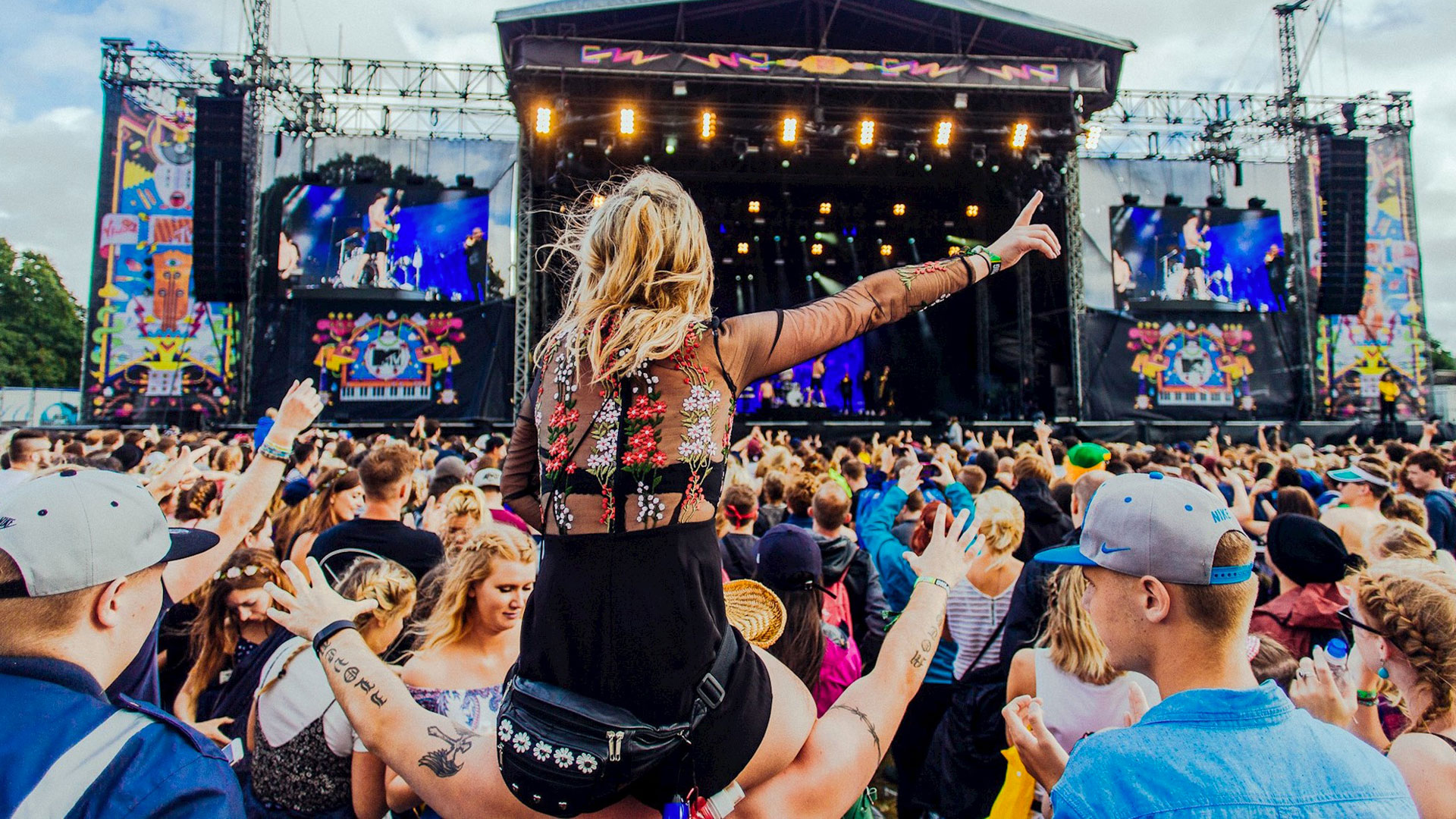In a memo obtained by Rolling Stone, Live Nation justify the policies’ rebalance through “unprecedented times” and “the exponential rise of certain costs”.
While the entertainement world lives a dark period, while Ibiza season has been cancelled as like counteless of festivals worldwide, nobody can’t tell when music venues will be able to reopen their doors to the public.
Live Nation was also severely affected by the Covid-19 crisis following the fall in the price of its stock market share, (LYV) having dropped drastically (from US $ 76.08 to $ 42.01 on the day of March 11, 2020), this loss of nearly 45% of the share value in just a few weeks represents a loss of nearly $ 1.8 billion in valuation, Live Nation now worth $ 9.01B (on March 11, 2020).
And it’s in this time full of unknown and maybe following this big loss that Live Nation — one of the biggest live events company — has chose to reevaluate its contracts – probably to reassure investors and satisfy shareholders about the future of the company – with artists but at their expense. In a recent memo obtained by Rolling Stone, the company told its talent partners that it plans to make an array of alterations for concerts and festivals held in 2021.
A will to shift the financial burdens to artists
Hard to assess the most abusive clauses from the least important to the most inadmissible but out of order, the company wishes to create a precedent that will be difficult to accept from the artists: if an artist cancels a performance in breach of the agreement, the artist will pay the promoter two times the artist’s fee — a type of penalty that, as Billboard notes, is unheard of in the live music industry.
“ We are fully aware of the significance of these changes, and we did not make these changes without serious consideration. ”
– Live Nation
Live Nation also wants to decrease the monetary guarantees promised to artists before an event by 20% across the board, or, if a concert is cancelled due to poor ticket sales, they will give artists 25% of the guarantee (instead of 100% that promoters are currently expected to pay).
Difficult not to see here the unfortunate consequence of an abuse of a dominant position from a behemoth such as Live Nation and it’s hard to predict if the Covid-19 will be a sufficient reason to accept its new conditions and if they will become a new standard or if, on the contrary, they will allow the rebirth of independent promoters ready to better balance relationships with artists.
You can read the full memo below.
Live Nation Memo to Talent Agencies
The global pandemic has changed the world in recent months and with it the dynamics of the music industry. We are in unprecedented times and must adequately account for the shift in market demand, the exponential rise of certain costs and the overall increase of uncertainty that materially affects our mission. In order for us to move forward, we must make certain changes to our agreements with the artists. The principle changes for 2021 are outlined below.
Artist Guarantees: Artist guarantees will be adjusted downward 20% from 2020 levels.
Ticket Prices: Ticket prices are set by the promoter, at the promoter’s sole discretion, and are subject to change.
Payment Terms: Artists will receive a deposit of 10% one month before the festival, contingent on an executed agreement and fulfillment of marketing responsibilities. The balance, minus standard deductions for taxes and production costs, will be paid after the performance.
Minimum Marketing Requirements: All artists will be required to assist in marketing of the festival through minimum social media posting requirements outlined in artist offer.
Streaming requirements: All artists will be required to allow their performance to be filmed by the festival for use in a live television broadcast, a live webcast, on-demand streaming, and/or live satellite radio broadcast.
Billing: All decisions regarding “festival billing” are at the sole discretion of the promoter.
Merchandise: Purchaser will retain 30 % of Artist merchandise sales and send 70% to the artist within two weeks following the Festival.
Airfare and Accommodations: These expenses will be the responsibility of the artist.
Sponsorship: The promoter controls all sponsorship at the festival without any restrictions, and artists may not promote brands onstage or in its productions.
Radius Clause. Violation of a radius clause without the festival’s prior authorization in writing will, at the festival’s sole discretion, result in either a reduction of the artist fee or the removal of the artist from the event, with any pre-event deposits returned to the festival immediately.
Insurance: The artist is required to maintain its own cancellation insurance as the promoter is not responsible for the artist fee in the event of a cancellation of the festival due to weather or a force majeure.
Cancellation by Artist: If an artist cancels its performance in breach of the agreement, the artist will pay the promoter two times the artist’s fee.
Cancellation Due to Poor Sales. If a show is cancelled due to poor ticket sales, the artist will receive 25% of the guarantee.
Force Majeure: If the artist’s performance is canceled due to an event of force majeure – including a pandemic similar to Covid-19 – the promoter will not pay the artist its fee. The artist is responsible for obtaining any cancellation insurance for its performance.
Inability to Use Full Capacity of the Venue: If the promoter – either because of orders of the venue or any governmental entity – is not permitted to use the full capacity of the venue, then the promoter may terminate the agreement, and artist will refund any money previously paid.
We are fully aware of the significance of these changes, and we did not make these changes without serious consideration. We appreciate you – and all artists – understanding the need for us to make these changes in order to allow the festival business to continue not only for the artists and the producers, but also for the fans.


